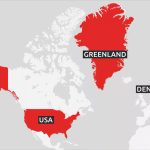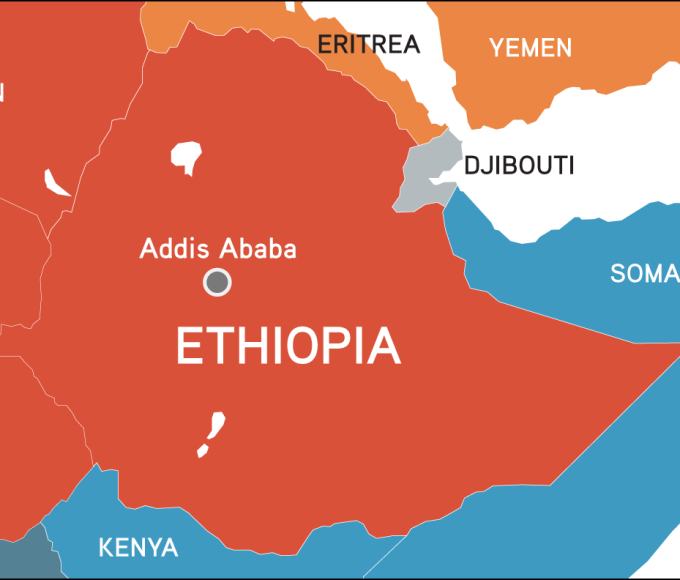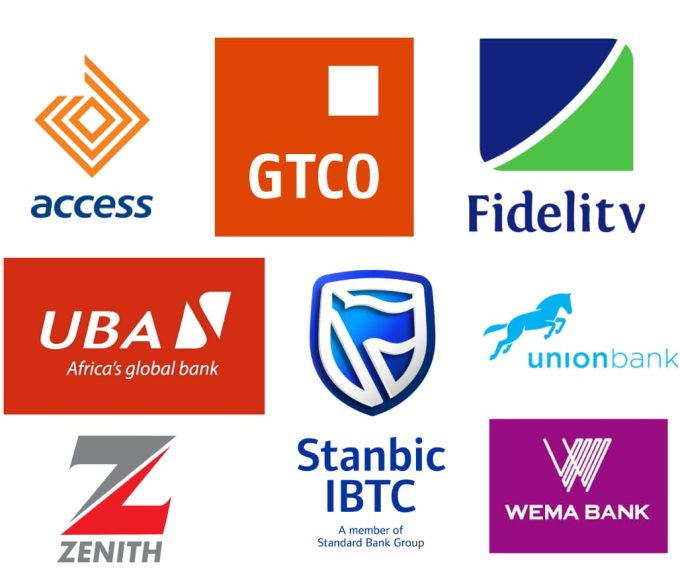
ShopRite’s Empty Shelves, the Story Of Nigeria’s Fading Economy

Once the symbol of modern retail in Nigeria, ShopRite malls across the country are now a stark representation of Nigeria’s dramatic economic decline, a visual indicator of the country’s worsening economic crisis under the administration of President Bola Tinubu.
At the Ring Road outlet in Ibadan, shelves that were once stocked with groceries now have several empty shelves. In Lagos, the Silverbird Mall branch, usually teeming with shoppers on weekends, had only one cashier attending to customers on a recent Saturday afternoon. In Enugu, locals report the mall is starting to look deserted. And in Kano, Shoprite is reportedly preparing to exit the city altogether.
This situation is part of a broader pattern of multinational withdrawal from Nigeria. Since the start of Tinubu’s administration, global companies such as Equinor, Procter & Gamble, and Sanofi have left the country. For many, the decision stemmed from an increasingly hostile business environment marked by soaring inflation, currency instability, and rising operational costs.
Experts say the economic policies introduced under Tinubu have compounded the existing challenges. The removal of fuel subsidies, naira devaluation, and rising import costs have triggered a steep rise in inflation. This has eroded the purchasing power of average Nigerians and drastically reduced foot traffic in malls.
In the face of these difficulties, the sight of empty Shoprite stores has become a symbol of a deeper economic unravelling. Without immediate and effective policy responses to stabilise the business climate, analysts warn that even more multinational brands would follow suit, accelerating Nigeria’s slide into economic isolation.
Read More:
- Nigeria: Tinubu’s CNG Initiative Faces Growing Backlash Over Poor Infrastructure
- Nigeria: INEC Blocking New Party Registrations – Rotimi Amaechi
About The Author
Related Articles
Ethiopia Moves to Print Its Own Currency as Part of Economic Sovereignty Push
Ethiopia is embarking on a significant economic initiative to build its domestic...
ByWest Africa WeeklyJanuary 19, 2026Niger Adopts Record 2026 Budget in Push for Economic Sovereignty
Niger has approved a record national budget of more than 2.922 trillion...
ByWest Africa WeeklyJanuary 12, 2026Tinubu’s Govt Allegedly Uses Celebrities to Promote Tax Payments Despite Altered Tax Law
A wave of video clips circulating on social media shows high-profile Nigerian...
ByWest Africa WeeklyJanuary 9, 2026Nigerian Banks Shut Down 229 Branches as Cost Pressures and Digital Shift Deepen
Nigeria’s banking sector has witnessed a significant contraction, with commercial banks shutting...
ByWest Africa WeeklyJanuary 5, 2026












Leave a comment